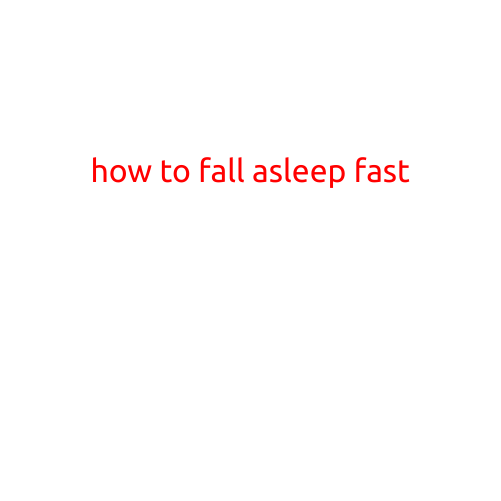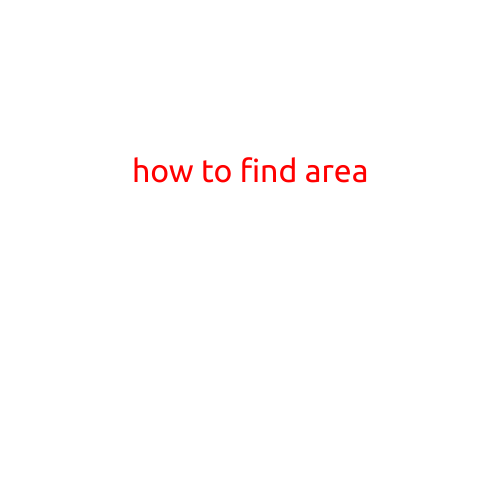
How to Fall Asleep Fast
Are you tired of lying awake at night, staring at the ceiling, and wondering how you’re going to get a good night’s sleep? Do you struggle to drift off to dreamland, only to find yourself wide awake and restless hours later? You’re not alone. Millions of people around the world struggle with falling asleep and staying asleep, leading to fatigue, irritability, and a range of other negative effects.
Fortunately, there are many simple and effective techniques that can help you fall asleep fast and wake up feeling refreshed and rejuvenated. In this article, we’ll explore some of the best ways to help you catch those Z’s and start sleeping like a baby again.
1. Establish a Bedtime Routine
One of the most effective ways to fall asleep fast is to establish a consistent bedtime routine. This can help signal to your brain that it’s time to wind down and prepare for sleep. Try setting aside some time each night to relax and unwind, whether that’s reading a book, taking a warm bath, or practicing some gentle stretches.
2. Create a Sleep-Conducive Environment
The environment you sleep in can have a big impact on your ability to fall asleep. Make sure your bedroom is dark, quiet, and at a comfortable temperature. Consider using earplugs, blackout curtains, or a white noise machine to create a sleep-friendly environment. Invest in a comfortable mattress and pillows, and keep your bedroom clutter-free and organized.
3. Avoid Stimulating Activities Before Bed
Avoid stimulating activities like watching TV, playing video games, or surfing the internet before bedtime. These activities can activate your brain and make it harder to fall asleep. Instead, try engaging in relaxing activities like meditation, yoga, or reading a book.
4. Limit Caffeine and Sugar
Consuming caffeine and sugar close to bedtime can interfere with your ability to fall asleep. Try to avoid consuming these substances within a few hours of bedtime, and instead opt for a warm glass of milk or a calming tea.
5. Practice Relaxation Techniques
Practice relaxation techniques like deep breathing, progressive muscle relaxation, or mindfulness meditation to help calm your mind and body. These techniques can help reduce stress and anxiety, making it easier to fall asleep.
6. Get Regular Exercise
Regular exercise can help improve sleep quality and duration. However, avoid exercising within a few hours of bedtime, as this can actually interfere with your ability to fall asleep.
7. Try Aromatherapy
Certain scents like lavender and vanilla have been shown to promote relaxation and improve sleep quality. Try using essential oils in a diffuser or applying them to your skin to see if they help you fall asleep faster.
8. Avoid Screens Before Bed
The blue light emitted by phones, tablets, and computers can interfere with your body’s natural sleep-wake cycle. Try to avoid screens for at least an hour before bedtime, or use blue light filtering glasses or apps.
9. Get Morning Sunlight
Exposure to natural sunlight in the morning helps regulate your circadian rhythms, making it easier to fall asleep at night. Open your curtains or take a short walk outside in the morning to get some sunlight.
10. Try a Sleep App
There are many sleep apps available that can help you fall asleep fast and stay asleep. These apps often feature guided meditations, sleep stories, or relaxing sounds that can help you wind down and drift off to sleep.
Conclusion
Falling asleep fast is easier than you might think. By establishing a bedtime routine, creating a sleep-conducive environment, and practicing relaxation techniques, you can improve the quality of your sleep and wake up feeling refreshed and rejuvenated. Remember to avoid stimulating activities before bed, limit caffeine and sugar, and get regular exercise to help you sleep better. With a little practice and patience, you can start sleeping like a baby again.





